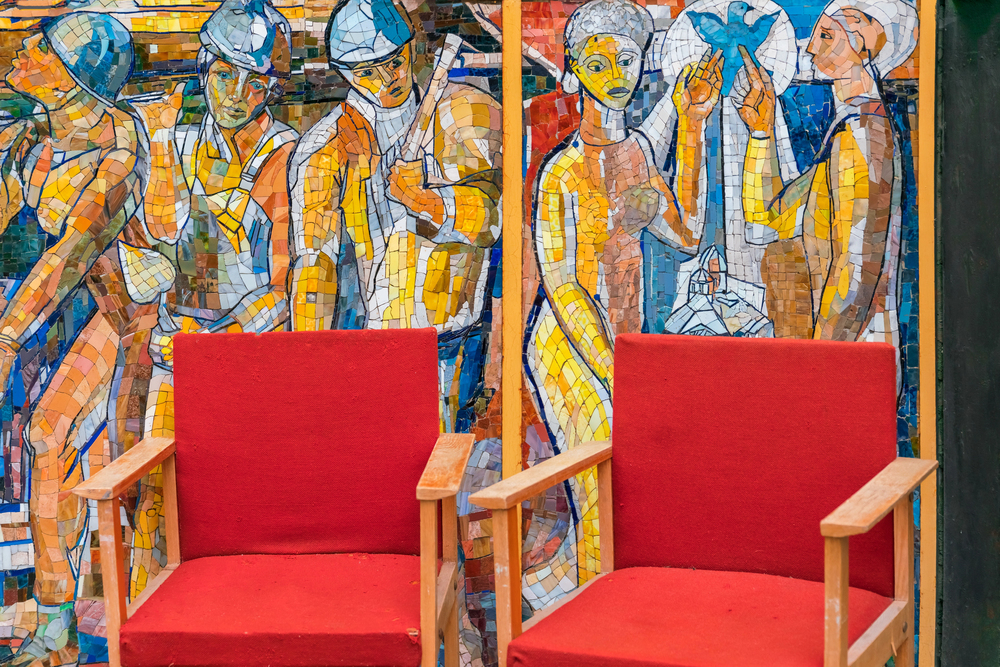Critical, decolonial, and liberation psychologies have routinely pointed to flaws in business-as-usual psychology and psychiatry, such as the medical model’s tendency to understand mental health out of context, to pathologize responses to traumatic life events, and to fail to acknowledge the impact of social harms such as racism, sexism, and ableism in considering mental health.
In a newly emerging approach to counseling and psychotherapy known as Critical-Liberation Psychotherapy (CLP), Zenobia Morrill and Lillian Comas-Díaz aim to integrate these insights into clinical practice.
Morrill, a clinical psychologist (and contributor to Mad in America), and Comas-Díaz, a prominent multicultural-feminist psychologist, explore the concrete translation of critical and liberatory ideas into therapeutic practice in a new article published in the leading journal, the American Psychologist.
“Often, practitioners must draw upon the DSM to develop treatment plans and justify quality assurance according to standardized and generic top–down definitions of treatment effectiveness. However, when distress is primarily framed as an individual problem or interior disorder, clients’ experiences risk being hyperindividualized and taken out of context. The client’s history, relationships, subjective understandings, innermost connections, patterns, and culturally marginalized views are elided,” Morrill and Comas‑Díaz write.
The article invites clinicians to approach therapy as a humanistic endeavor, rather than merely as a tool for correcting dysfunction. It draws attention to the stories people carry, the language they inherit, and the structures that shape their suffering. More than a critique, it offers a tangible model for translating theory into practice, showing how questions of power, history, and identity can be addressed within the therapeutic relationship. In doing so, it illuminates a path toward a more ethically and culturally responsive form of psychotherapy.
















I have yet to be convinced there is liberation in paying someone in a consulting room for therapeutic conversation. This is a grasping attempt to reconcile the contradictions progressive therapists have between the regressive institution of psychotherapy and their broader political beliefs. And it won’t work.
Report comment
You don’t build critical consciousness with your therapist. Like, building critical consciousness is not a service you can buy in relationship with your therapist. You build it in actual community community.
Report comment